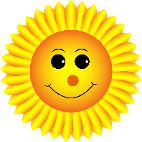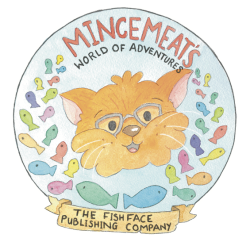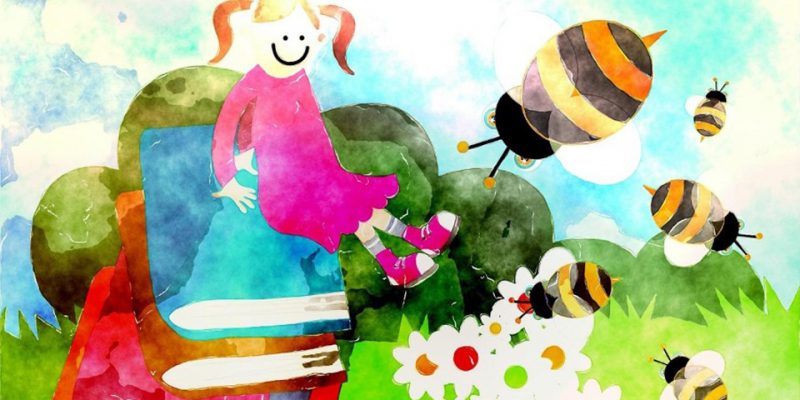I wanted to write a blog about bees for several reasons. One is because of this quote.
“The bee collects honey from flowers in such a way as to do the least damage or destruction to them, and he leaves them whole, undamaged and fresh, just as he found them.” ~ Saint Francis de Sales.
There is such extraordinary beauty in this. The instinct of this industrious little creature having the awareness not to destroy, is simply wonderous. They live their lives with total altruism. They ask for nothing in return. What lessons we as human beings can learn!
Another reason for writing this is because bees are so fascinating and endearing. And I also wanted to write a bee blog because we owe them a huge amount of thanks – we probably take for granted just how vital they are to our very existence.
Our survival would be jeopardised without bees. Our planet would be a truly different place to inhabit. Some fascinating facts include that seventy per cent of crops we eat depend on pollination by insects. Bees make up a large proportion of pollinators, pollinating approximately four hundred agricultural species of plants, and roughly one sixth of flowering plants.
For centuries, we humans have benefited from the gifts of the humble bee. Fruit and vegetables, the elixir of honey, candle making, and wax used in days gone by as a sealant.


Bees are very efficient and like to visit the flowers of one species in one outing. It’s a well thought out plan! Superior quality pollination occurs than if a variety of pollens were to be spread to different plants. Pollination after all is plant reproduction. Just some such foods that would be unavailable to us humans without the work of our cherished bees are cherries, apples, blueberries, melons, pumpkins, rhubarb, strawberries and raspberries, blackberries and even almonds!

Vegetables include cucumbers, cauliflower, asparagus, celery, beans and broccoli to name just a few. Perhaps one of the bee’s greatest gift to us is honey!
It’s not just the food we eat that we must be grateful for. The humble bee makes our environment beautiful by giving us flowers, whilst providing habitats in flora and fauna for a variety of birds, and for the insects the birds thrive on. Without a doubt, the bee is integral to the food chain.
And how about this! Because flowers rely on bees to reproduce, they have cunningly adjusted over time in making themselves more attractive to them! Bright colours and scent lure the bees in!
I will just leave you with this fascinating fact. One of the earliest writers who made reference to honeybees and beekeeping was Aristotle!


